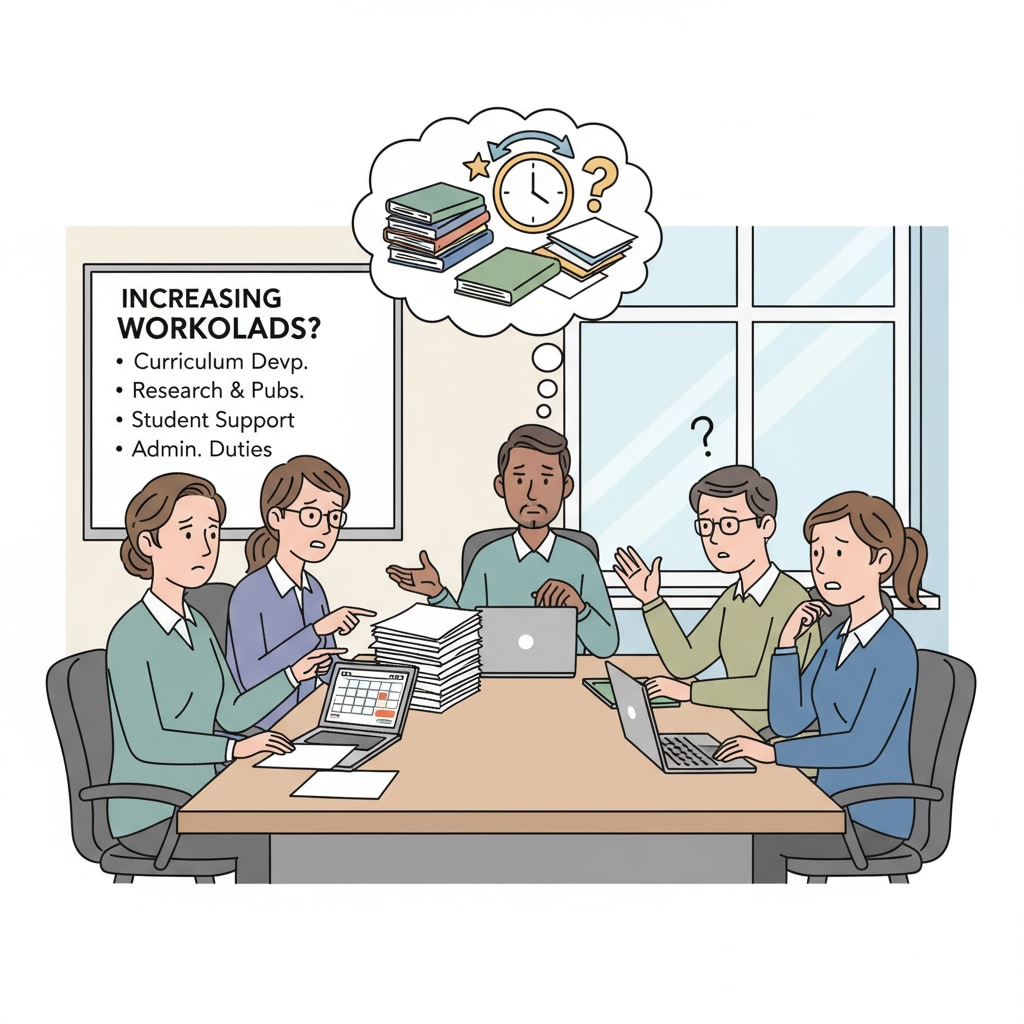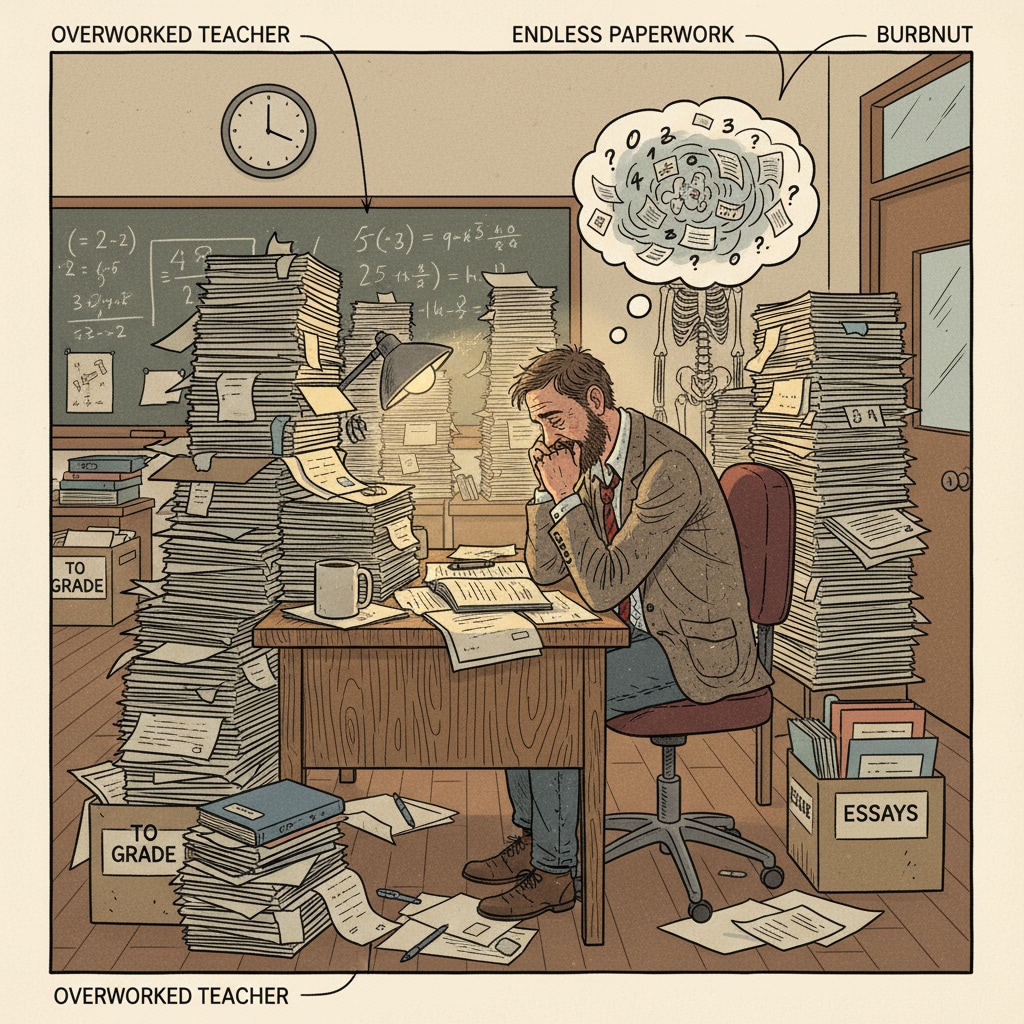In higher education, the issue of increased duties without corresponding salary adjustments and job reclassifications has become a pressing concern for educators. This phenomenon not only affects the financial well-being of educators but also has implications for the quality of education provided.

For instance, many professors are now expected to take on additional administrative tasks, such as serving on more committees and handling student recruitment, all while their salaries remain stagnant.
The Burden of Uncompensated Duties
The additional duties placed on educators can be overwhelming. For example, they may be required to develop new courses or incorporate new teaching technologies without any extra compensation. As a result, educators often find themselves working longer hours, which can lead to burnout. According to the National Education Association, job stress among educators has been on the rise due to these uncompensated responsibilities. This not only affects their personal lives but also their ability to deliver high-quality education.

Reasons Behind the Lack of Adjustment
There are several reasons for this lack of salary adjustment and job reclassification. One major factor is budget constraints in higher education institutions. Administrators often struggle to allocate sufficient funds for salary increases. Additionally, some institutions may not fully recognize the value of the additional work educators are doing. They might view these duties as part of the normal job scope, overlooking the increased workload and complexity. Another reason could be the slow and bureaucratic process of job reclassification, which makes it difficult for educators to get the recognition and compensation they deserve.
To address this issue, educators need to take proactive steps. First, they can form unions or professional associations to advocate for their rights. By coming together, they can have a stronger voice in negotiations with the administration. Second, educators should document their additional duties carefully. This documentation can be used to support their case for salary adjustment or job reclassification. Finally, they can engage in dialogue with the administration, presenting their concerns in a rational and evidence-based manner. The American Association of University Professors also provides resources and support for educators facing such issues.
Readability guidance: In this article, we have explored how the lack of salary adjustment and job reclassification for increased duties in higher education impacts educators. By understanding the causes and taking appropriate actions, educators can work towards a more equitable work environment.


